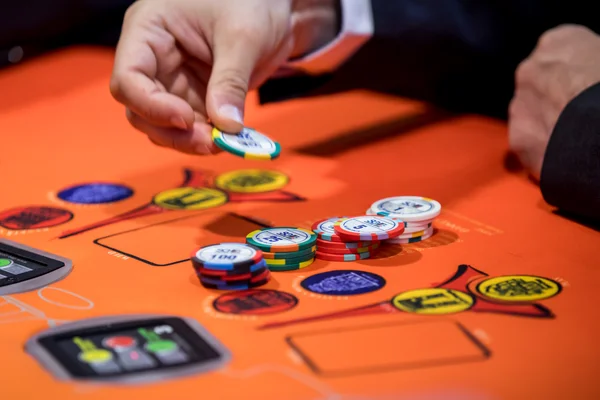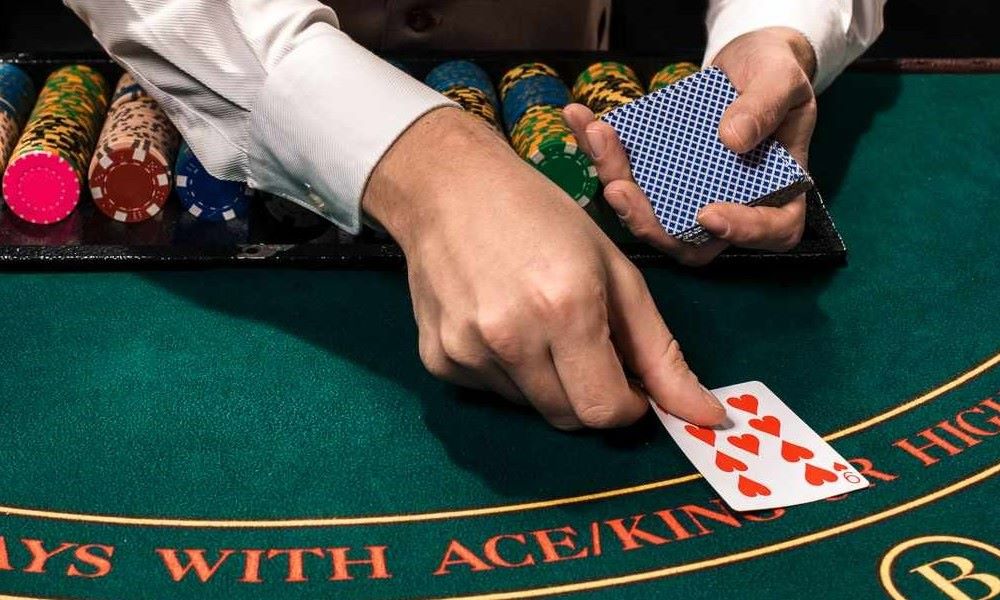Words rarely tell the full story in poker. The unspoken clues that reveal more about a player’s hand than they intend are what matters. These are called tells, which are there for the players who know how to look for them. Spotting tells is part observation, intuition, and patience. The best players in the room are the ones reading everyone else while staying unread themselves. These unspoken clues include the following:
Face and Eye Clues
Poker players usually look for information through the face. Eye movements, for instance, can reveal a lot. A glance at the chips after seeing the flop might signal excitement. A long stare at the community cards without blinking could suggest uncertainty or an effort to act natural.
Some players try to hide behind sunglasses or hats to make it hard to control the reactions that flash across their faces. Microexpressions can sometimes show fear, surprise, or satisfaction before a player has a chance to hide them.
Breathing and Tension
Heavy, shallow breathing can signal nervousness, possibly from bluffing. Someone holding their breath after making a big bet might be hoping not to get called.
Shoulders and neck muscles can also tell a story. A player who suddenly sits very still may be trying to avoid giving anything away. Inexperienced bluffers sometimes freeze up because they are worried any movement will tip their hand.

How They Handle Chips and Cards
Some players shuffle or stack their chips absentmindedly when they are comfortable, but stop when unsure. Someone suddenly fumbling with chips or hesitating before betting might not be feeling too confident.
Card protection is also worth watching. Players who glance at their cards once and then quickly cover them might be signaling they already know their hand is strong. Others who keep peeking might still be uncertain or trying to appear this way.
Betting Behavior and Timing
Timing is everything in poker, and this includes how quickly or slowly someone bets. A quick bet may suggest strength, like the player already knew what they were going to do before the flop even landed. But sometimes a fast bet is meant to intimidate, pushing others to fold.
Delayed bets can signal hesitation, but they can also be strategic. Some players purposely take their time to seem unsure, especially when holding a monster hand. Overthinking isn’t always a sign of weakness. It could be part of the performance.
The Difference Between Strong and Weak Is Often Reversed
A player who suddenly starts talking a lot, trying to act confident, might be bluffing. Another who stares down at the table silently could be sitting on a huge hand. This behavior is especially common in low and mid-stakes games. Players want to mislead others, so they overcompensate. The loud bluff and the quiet nuts happen in every card room.
Posture and c
Posture can speak louder than words. A player who leans forward, shows engagement, and stares at their opponent might be trying to bully their way through the hand. But a player who leans back, arms crossed, might be trying to look relaxed when they are not.
The best players train themselves to sit the same way regardless of the hand. They use consistent movements, timing, and behavior to stay unreadable. Watching for posture shifts and sudden changes in energy can help you catch the players who don’t have this discipline.

